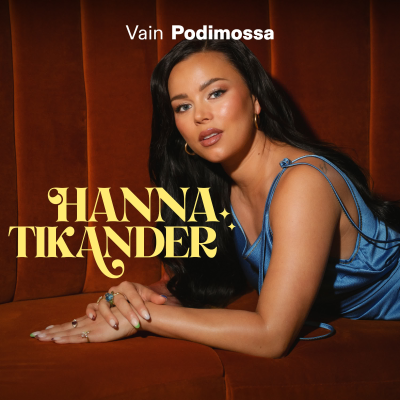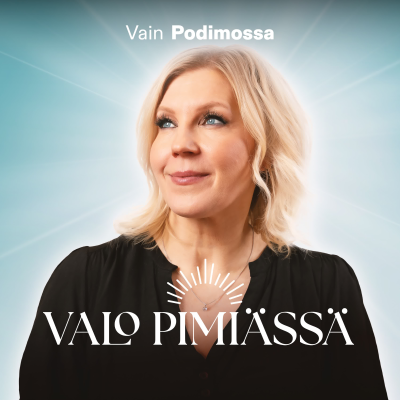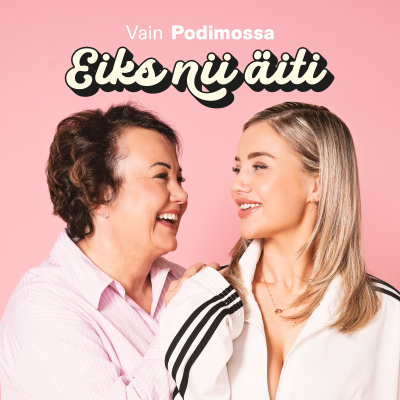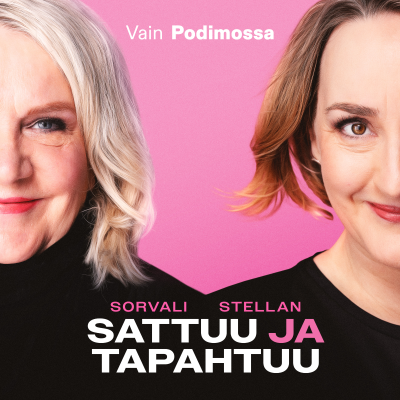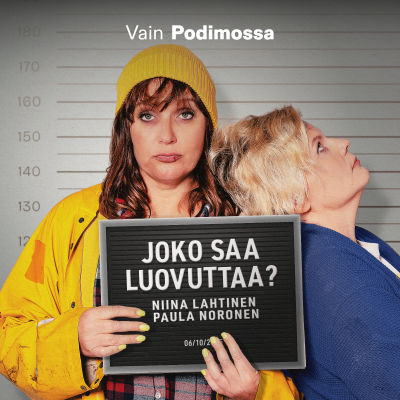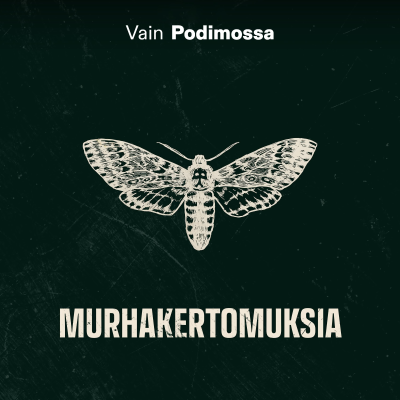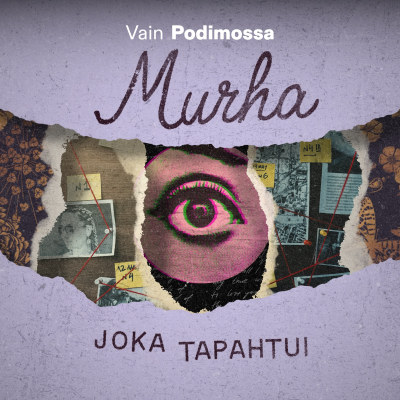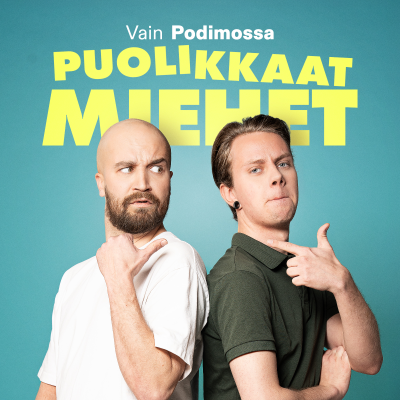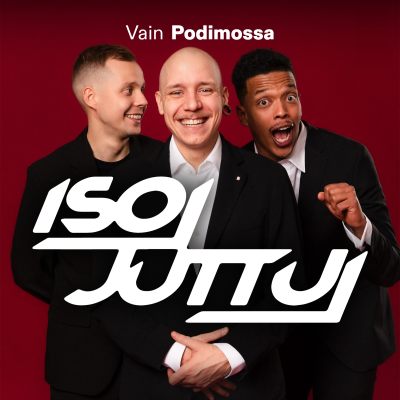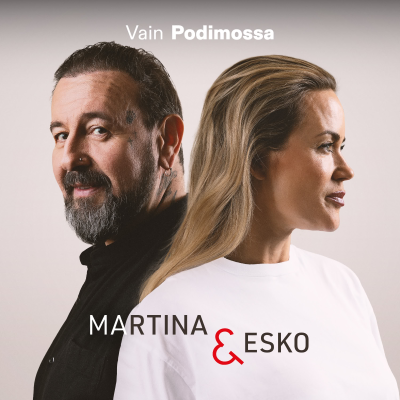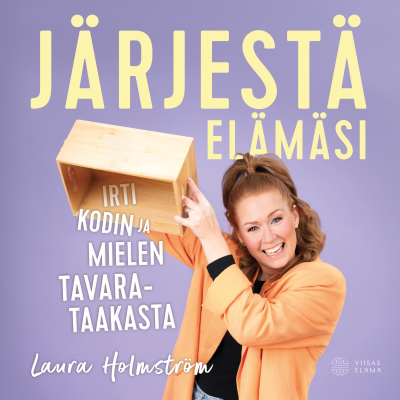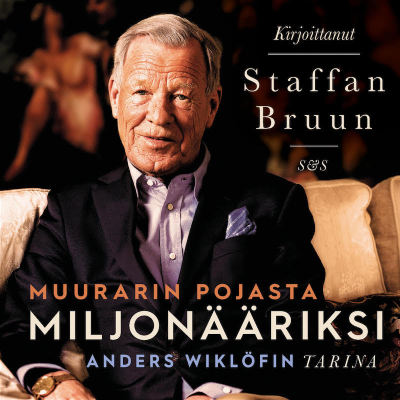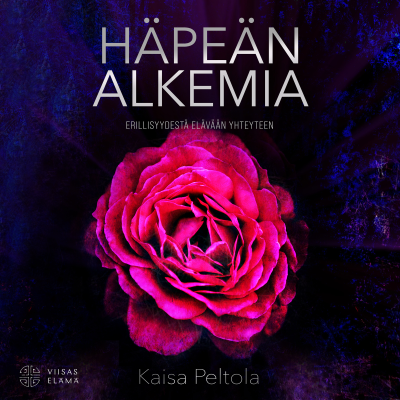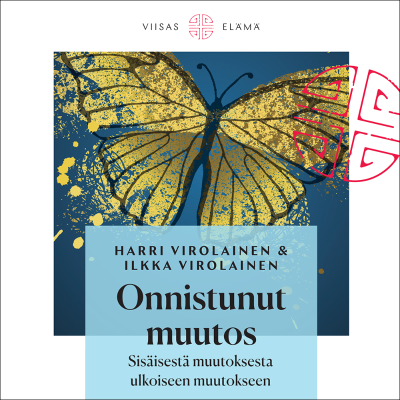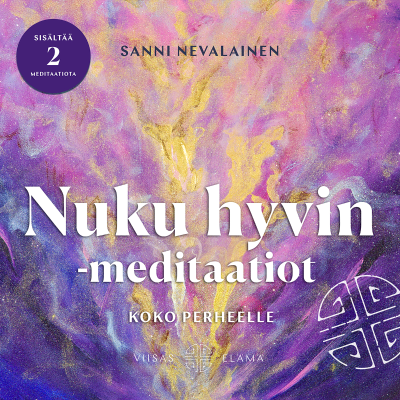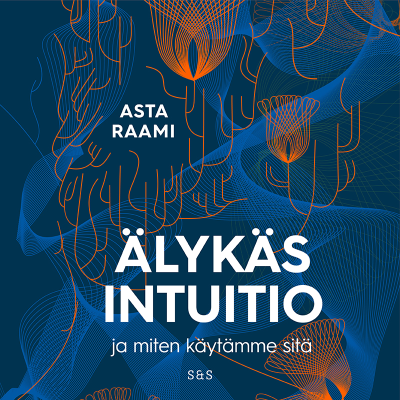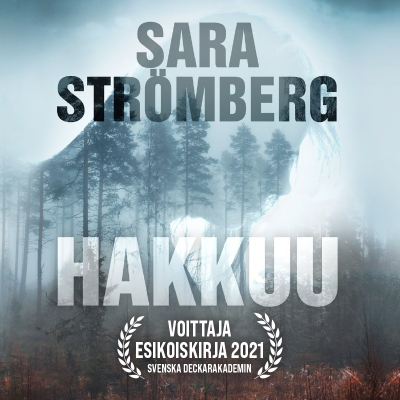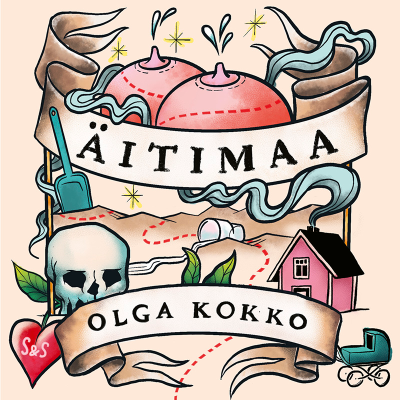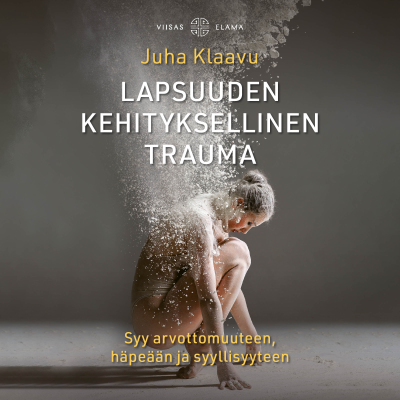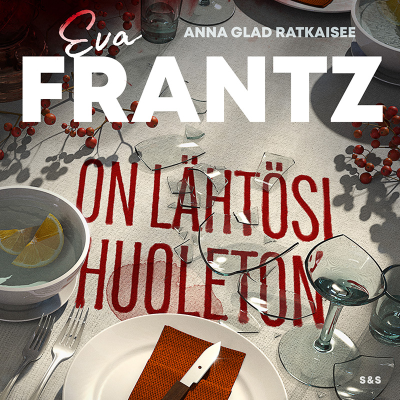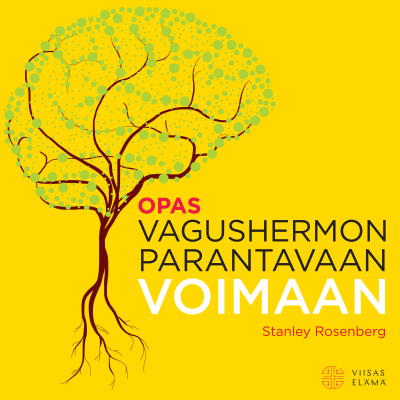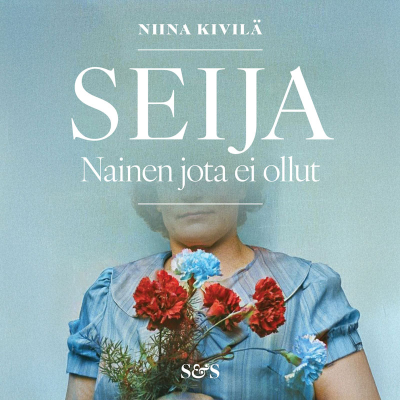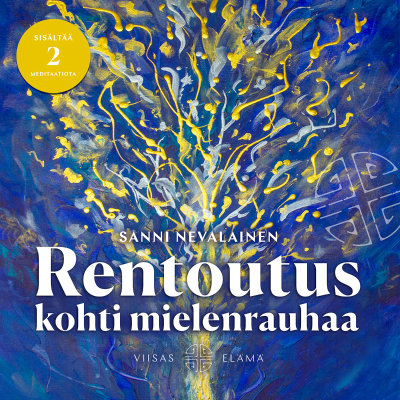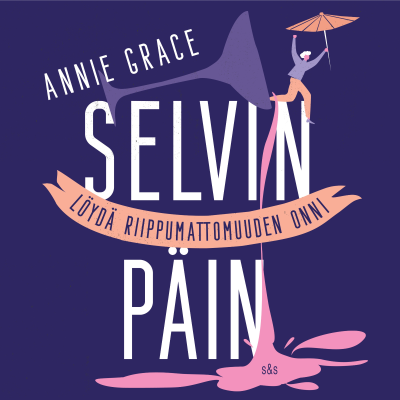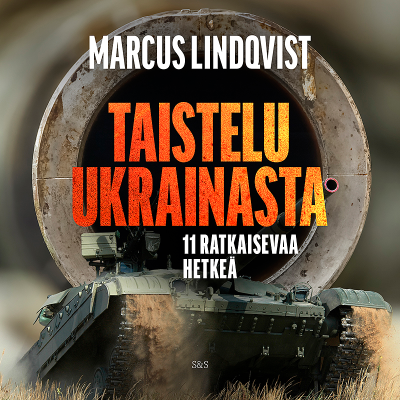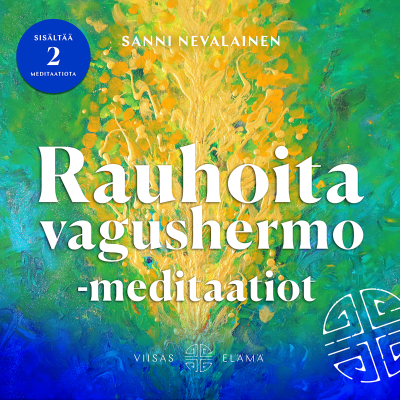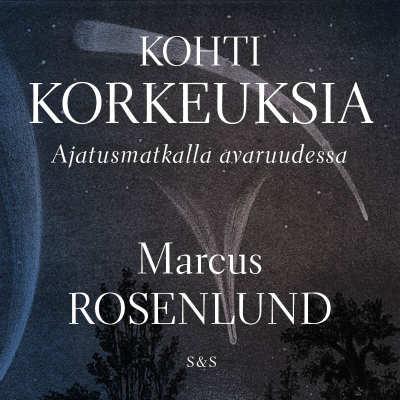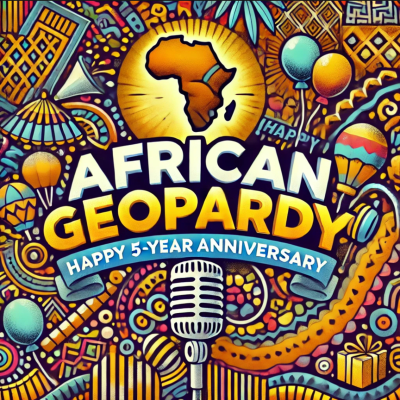
AfriCan Geopardy
englanti
Henkilökohtaiset tarinat
Rajoitettu tarjous
2 kuukautta hintaan 1 €
Sitten 7,99 € / kuukausiPeru milloin tahansa.
- Podimon podcastit
- Lataa offline-käyttöön
Lisää AfriCan Geopardy
AfriCan Geopardy was founded in 2019. It is a fun, witty, and authentic way of discussing African geopolitics and the oceans, with a twist of breaking stereotypes about Africa. We present topics in a way that tends to make good trouble, and we are grateful to have you as our audience. The podcast is hosted by Dr Ife Okafor-Yarwood.
Kaikki jaksot
80 jaksotDecarbonising Shipping: Risk, Power and Opportunity for Africa
This episode of AfriCan Geopardy examines how the global push to decarbonise shipping could reshape Africa’s trade, ports, and maritime power. Featuring Ms. Ogbugo, a maritime infrastructure and decarbonisation expert, the conversation explores whether the shipping energy transition could reinforce global inequalities—or become a strategic growth opportunity for Africa. We unpack how the IMO Net Zero framework may influence shipping costs, trade competitiveness, and port investment, and who truly holds influence over global maritime climate policy. The episode also explores whether market-based measures such as carbon pricing and fuel levies could unlock new financing for African green ports, clean fuels, and maritime skills development. A sharp, forward-looking discussion on risk, power, policy, and opportunity in Africa’s path toward net-zero shipping. Thanks, Ms Ogbugo for sharing your time and expertise with us. #DecarbonisingShipping #NetZeroShipping #MaritimeDecarbonisation #IMO #EnergyTransition #SustainableShipping #AfricanTrade
Who creates and gets the value? Minerals, energy and Africa’s Agency
In this episode of African Geopardy, we explore “Who Creates and Gets the Value? Minerals, Energy, and Africa’s Agency” with Dr. Theo Acheampong, Technical Advisor to Ghana’s Minister of Finance. Dr. Acheampong is an economist and political risk specialist with over 15 years of experience across energy, extractives, and public finance. Together, we examine who truly creates value in Africa’s minerals and energy sectors — and who ultimately captures it — through the lenses of governance, fiscal policy, and agency. This episode is packed with insights and provides a timely lens on the current global geopolitical landscape. For further reading, you may find Dr. Acheampong’s recent op-ed particularly insightful: https://cmagafrica.com/publication/who-creates-and-gets-the-value-minerals-energy-and-agency-in-sub-saharan-africa-amidst-new-great-power-competition/
AfriCan Geopardy: Year in Review
This year on African Geopardy, our conversations spanned regional integration, maritime security, youth and gender inclusion, illicit economies and community -led peace building; bringing AfriCan perspectives firmly to the centre of global security and development debates. Enjoy our final episode for the year and thanks to our guests and listeners for being generous with your time and expertise and for listening. Let’s do it again next year. #AfriCan
Driving Blue Growth and Stability through the Delta Association of Chambers of Commerce…(DACCIMA)
In this episode, we sit down with Ambassador Fidelis Onu, Director General of the Delta Association of Chambers of Commerce, Industry, Mines and Agriculture (DACCIMA), to unpack how #DeltaState can harness opportunities in shipping and the blue economy to drive socio-economic growth and enhance regional security. ⚓🌊 Our conversation explored how local chambers like DACCIMA are strengthening private-sector participation in maritime trade and how ports and coastal industries are shaping Delta State’s economic future. We also discussed practical ways to align state and federal initiatives to promote sustainable blue growth and examined the vital link between maritime prosperity and stability across the Niger Delta. 💡 Insightful, forward-looking, and grounded in real experience — this episode highlights how collaboration between business and government can turn maritime potential into shared prosperity. #BlueEconomy #DeltaState #MaritimeSecurity #BlueGrowth #AfricanDevelopment
An introduction to JustSeaCurity Dialogue
🎙️ In this special episode of the African Geopardy Podcast, I have a conversation with Stephanie Young-Adika (Schandorf), a PhD researcher at Liverpool Hope University, as we introduce the JustSeacurity Dialogue, a collaborative webinar and dialogue series under the Just Seacurity Initiative, based at the University of St Andrews. I unpack the vision, motivation, and aspirations behind the Dialogue, and together we reflect on our shared hopes for how it can reshape maritime conversations through inclusive, justice-centred perspectives. The discussion also highlights the Dialogue’s two-stream approach: Voices from the Coast: spotlighting emerging African researchers advancing new knowledge in ocean and coastal governance. Voices from Practitioners: bringing together policymakers, industry experts, and practitioners for real-world exchange on the blue economy, maritime security, and climate justice. 🎧 We hope you enjoy listening and joining us on this journey toward more just and equitable oceans.
Valitse tilauksesi
Rajoitettu tarjous
Premium
Podimon podcastit
Lataa offline-käyttöön
Peru milloin tahansa
2 kuukautta hintaan 1 €
Sitten 7,99 € / kuukausi
Premium
20 tuntia äänikirjoja
Podimon podcastit
Lataa offline-käyttöön
Peru milloin tahansa
30 vrk ilmainen kokeilu
Sitten 9,99 € / kuukausi
Premium
100 tuntia äänikirjoja
Podimon podcastit
Lataa offline-käyttöön
Peru milloin tahansa
30 vrk ilmainen kokeilu
Sitten 19,99 € / kuukausi
2 kuukautta hintaan 1 €. Sitten 7,99 € / kuukausi. Peru milloin tahansa.


